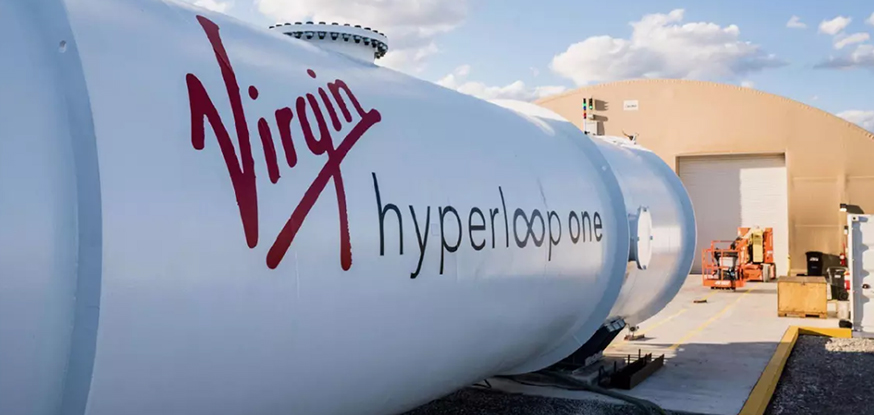A US startup that is developing a supersonic rail transit system which it claims will represent the future of public transportation, has announced that it will construct a research center worth $500m in Spain. Virgin Hyperloop One reached an agreement with Spanish state-owned rail infrastructure firm ADIF after a series of protracted talks.
The state-of-the-art research facility, which is the first of its kind in Europe, will be erected in the small village of Bobadilla, which is located in the Southern province of Malaga by 2020. The facility will be directly responsible for developing and testing components for Hyperloop systems in order to improve their safety, according to an official statement released by the US startup which is headquartered in Los Angeles.
Virgin Hyperloop One has been backed by British entrepreneur Richard Branson and the Hyperloop is basically a shuttle that travels on magnetic rails, it has been claimed that in theory the shuttles could travel faster than the speed of sound.
Virgin Hyperloop One has been rigorously testing its Hyperloop system in Nevada in the United States with speeds reaching 240 miles (386KM) an hour, and is planning three production systems in service by 2021.
Virgin Hyperloop One CEO Rob Lloyd expressed his excitement at the announcement of the partnership agreement with the Spanish rail infrastructure firm, and praised Spain for its innovative and forward thinking.
Lloyd said, "By investing in the development and testing of Virgin Hyperloop One, Spain is extending its long tradition as an innovative, global transport leader. We are excited to partner with such a forward-thinking country in developing the next generation of transportation."
In addition to this, it has been disclosed that Virgin Hyperloop One will receive $146 million in public aid in the form of loans and grants to help set up the new center, the US firm and ADIF said in separate statements.
Malaga is quickly becoming a hotbed of high-tech activity. The province has over 9,000 companies in transport and logistics, as well as the second largest aerospace cluster in Spain, and 20,000 employees in research and development, according to ADIF. Spain's high-speed network is the world's second largest after China's.
About 500 trains are propelled along these high-speed corridors every day, carrying around 36.5 million passengers every year.

